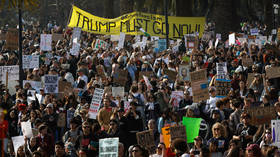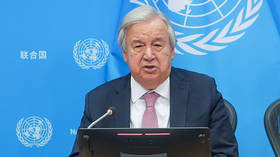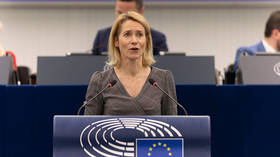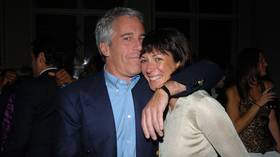Bees relief: Syngenta withdraws application for pesticide ban exemption
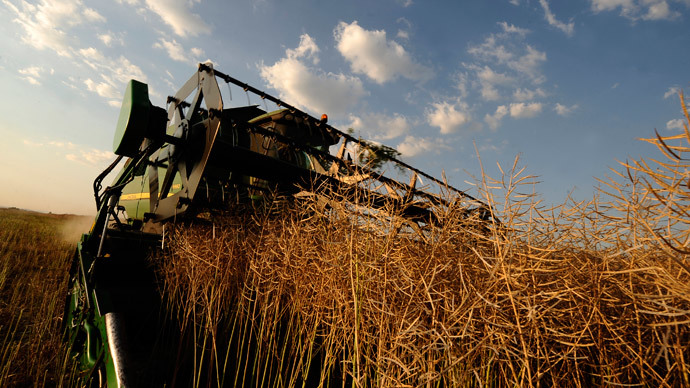
Global agrochemical company Syngenta withdrew its application to allow use of banned pesticide on UK's oilseed rape. Hundreds of thousands of people protested against the bid, as the pesticide is linked to killing bees.
Pesticide maker Syngenta pulled its 'emergency' application last
week. Earlier the company was seeking permission to use the
chemicals in the UK this planting season, claiming up to a third
of all oilseed rape needed treatment with neonicotinoid.
Syngenta was caring for crops, as it stated the winter oilseed
rape were largely deemed to be at risk of damage from pests such
as cabbage stem flea beetle.
But green campaigners made an outcry, saying it could be bees
that would suffer from the crop treated with insecticides.
“It’s great news that the huge swarm of protest killed off
Syngenta’s attempts to try and keep their bee-killing poisons in
Britain’s fields," Bert Wander, Avaaz campaigner, commented
in a press release Friday.
The company's neonicotinoid seed treatments were suspended for
two years by the European Union in late 2013 due to research
linking it to be a serious harm to the bees. Brussels banned the
use of the world’s most widely used insecticide in open flowering
crops such as oilseed rape, although there are opinions within
the farming industry the assertions of its harm are ill-founded.
Only recently, after a four-year assessment, scientists have also
concluded that neurotoxic pesticides blamed
for the decline of honeybees is also harming butterflies, worms,
fish, and birds.
The UK government’s advisory committee on pesticides said the
criteria for an exemption for Syngenta had been met, although the
evidence of the threat to the crops was not made public.
Over 200,000 people protested against the application via a
campaign website, with around 35,000 more writing to environment
secretary Owen Paterson and asking ministers to “stand firm
against Syngenta” and not let chemicals believed to be
harmful to bee populations be used.
Although the company itself withdrew its application, it blamed
the government for failing to make a decision in time for crop
sowing.
Guy Smith, vice president of the National Farmers Union, was also
disappointed by the decision's bad timing. “It is very
frustrating that it was not possible for a decision to be made in
time for Syngenta to prepare seeds for this year’s planting. This
loss of this treatment will make it more complicated to grow
oilseed rape this season,” he said.
Syngenta spokesman said the company was considering re-applying
in 2015.
The decision not to use the banned pesticides this time was
welcomed by environmentalists.
Andrew Pendleton, head of campaigns at Friends of the Earth,
said: "This is very good news for bees, at least for now,
bees can buzz a little bit easier."



